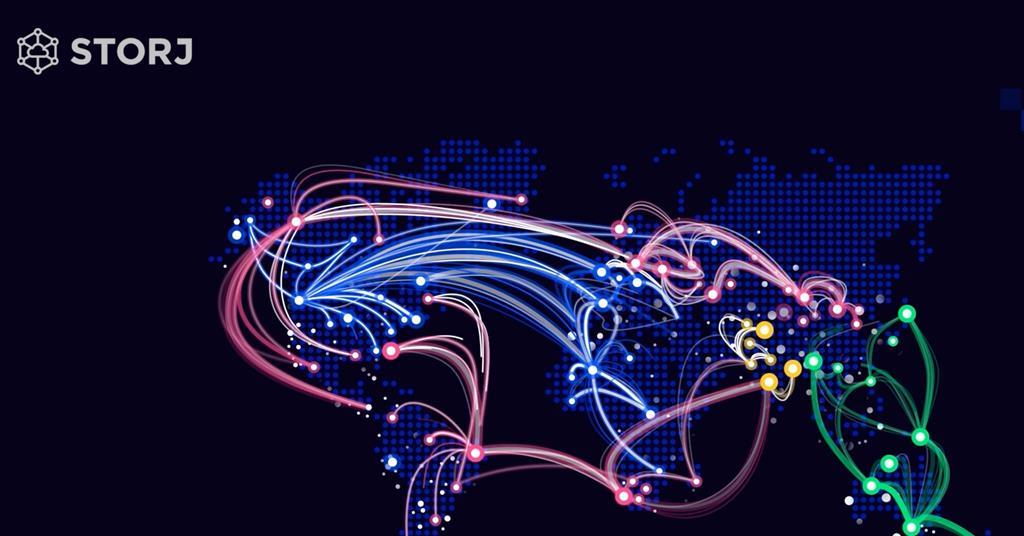
In 2024, it will mark ten years since the term Web3 was first coined by Gavin Wood, co-developer of blockchain technology Ethereum. However, it is only in the last few years that Web3 has gained significant attention and relevance, thanks to its association with crypto, non-fungible tokens (NFTs), and other blockchain innovations.
Web3 is a concept that revolves around ownership and decentralization of content delivery and storage. It aims to create a more democratic and decentralized version of the internet, moving away from central control and towards a distributed network of nodes utilizing technologies such as blockchain and peer-to-peer networks.
The media industry, particularly independent companies operating outside of global giants, stands to benefit significantly from the potential advantages of Web3. Michelle Munson, CEO of content blockchain company Eluvio, suggests that the industry is finally understanding and embracing the transformative power of decentralized and blockchain-based content management and distribution.
One significant opportunity for Web3 in the media industry is the delivery of niche content services. By decentralizing services, media companies can reduce infrastructure costs and explore different revenue models. This approach also allows for greater creativity and caters to companies with specialized content that may be too small to negotiate volume-based discounts with large service providers.
Furthermore, Web3 offers new methods of engaging with content and monetizing digital assets. The direct engagement made possible through wallet-based distribution provides possibilities for premium, live, and interactive experiences. The booming Free Ad-Supported Television (FAST) sector can benefit from personalized and dynamic ads served directly from the source masters and streams, increasing efficiency and control for publishers.
Security is another area where Web3 shines. The use of smart contracts, which embed buyer and seller agreements directly into lines of code, ensures transparency and immutability of transactions. Decentralization also means that each transaction is logged across multiple locations, making it harder to tamper with records and enhancing security.
However, as Web3 continues to evolve, clear communication about its benefits and opportunities is essential. Potential customers need to be informed and educated about the operational infrastructure and business implications of Web3. This requires tech-oriented consultancies to digest vast amounts of information and translate it into clear and concise explanations for their clients.
In conclusion, Web3 has the potential to revolutionize the media industry by providing ownership, decentralization, and enhanced security. Niche content services, engagement methods, and monetization opportunities are just a few examples of how Web3 can benefit media companies, particularly those operating independently. As the understanding and adoption of Web3 technology grow, its transformative impact on the media economy will become increasingly evident.






